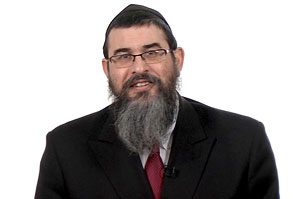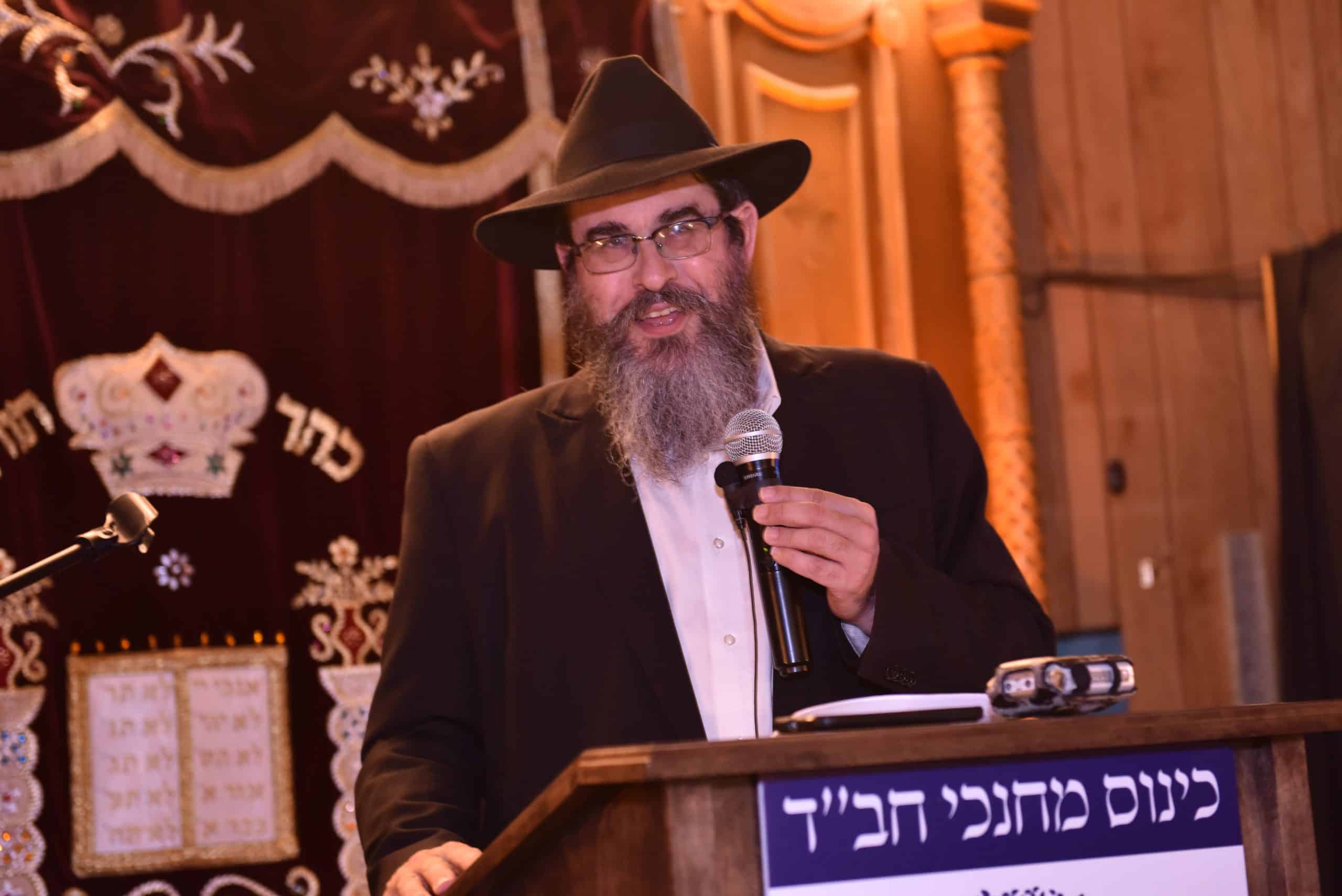by Rabbi Yossi Paltiel
Rabbi Yossi Paltiel is a teacher in Teacher at Chovevei Torah, Machon L’Yahadus, and Beis Medrash L’Nashim in Crown Heights, and a noted lecturer. His talks can be accessed on InsideChassidus.org, TheYeshiva.net, and many other media outlets.
I would argue the number one challenge facing Jewish education today is keeping the schools and the parents on the same page.
The Rebbe used to say all the time with regard to children going to public school, that the parents are no longer a part of their children’s education. Both the parents have to work to make ends meet, and the children are often left to let themselves into their homes and look out for themselves until their parents come home from work. This lack of supervision is actually a lack of education and has very dire consequences, especially if the children are going to a school that is not allowed to teach them about G-d and morality.
For all kinds of reasons, similar problems have crept into our community. Parents are often both working and very exhausted. In addition, parents don’t always really appreciate the school’s vision. This is terrible. For education to work, parents and the schools must be on the same page.
The responsibility in remedying this is on both sides. Schools must find language to include the parents in the educational process more than they already are. And parents must appreciate that when they choose a school for their children, they are also agreeing to and signing on for the values that the school provides.
It is critical that the home and the school be on the same page.
Now, in general, when we consider Chasidic education, there are two basic poles that must be in place and work in synchrony. Both of these poles are critical, because you cannot raise a Chassidic child with one but not the other.
The two poles are knowledge and the development of the Mind, and faith and the development of the Soul.
The very premise of a Chasidic institution of learning is, that giving a child information and even academic and scholastic aptitude does not define the role of the school.
The role of the school is to create Jews, real Jews, devout and positive Jews. The meaning of a Jew is one who has healthy faith. This means a faith which has both integrity and principal, as well as strength and toughness.
On the one hand this faith must be very pure, and on the other hand this faith must be strong enough to take on the real world.
The model of “Chinuch Al Taharas HaKodesh” is that until our children develop sufficient excitement, appreciation and dedication to their faith based life we keep them separate from the “real world.”
This is the price we pay for Chassidic children. We must appreciate this and embrace this, if this is the education we choose for our children.
But on the other hand, the children must learn and develop the ability to enjoy learning Torah. This is not about only being intellectuals, it is about being human beings and Jews. Learning in school for children is the equivalence of work in adults. They must learn. However, just as no one would enjoy going to work if he or she was a failure, similarly, no child will enjoy school and (more importantly) what the school is about without success.
This success is the ability to learn.
In principal there is no question that of the two poles faith is first and foremost. It is primary and above learning.
But practically, which of the two poles deserves more attention and needs more investment depends on the climate.
It’s like a pendulum that swings from side to side. Sometimes one pole has been neglected and therefore must be emphasized, and at other times the other pole has been neglected and the emphasis must be placed there.
On balance in our system, at the moment we put enormous effort into inspiring the children. The area that needs most improvement is to make sure that each child learns, that they get the skills they need to be able to go through school and not fall out of the system. Too many of our children are incapable of learning Gemara. This is a serious problem because children who fail academically feel like failures, period, and they look for their success elsewhere R”L.
This is the role I understand MEF to fill.
At a different time and in a different place we may find that the scholastic and academic component of education is stronger, and then we would need to place more emphasis on the spirit.
But at this moment as I see it, teaching a child how to learn is vital not only for the development of his mind but for his appreciation of himself and of his way of life. In other words, a child who can learn is far more likely to grow up and be Frum. Because he’ll appreciate himself.
You cannot raise religious children on faith and Chasidism alone. They need to be empowered so that they’ll stay with it. And that’s what knowledge and scholastic excellence provides.
MEF places its emphasis and priority on the development of the children’s academic strength and in advancing their intellectual aptitude.
This is why I see this organization as vital for the Ruchniyus well-being of our children, because what knowledge gives is much more than knowledge.
But although this is their priority, it is imperative that they don’t lose sight of that soul which is Faith, so that the “intellectual body” they are strengthening through the various methods and techniques that help children learn, doesn’t become cold and disconnected from the spirit.
This article appeared in condensed form in a round-table discussion on the future of Chinuch, in MEF’s magazine, “Seeds: 10 Years of Growth in Chinuch.”






